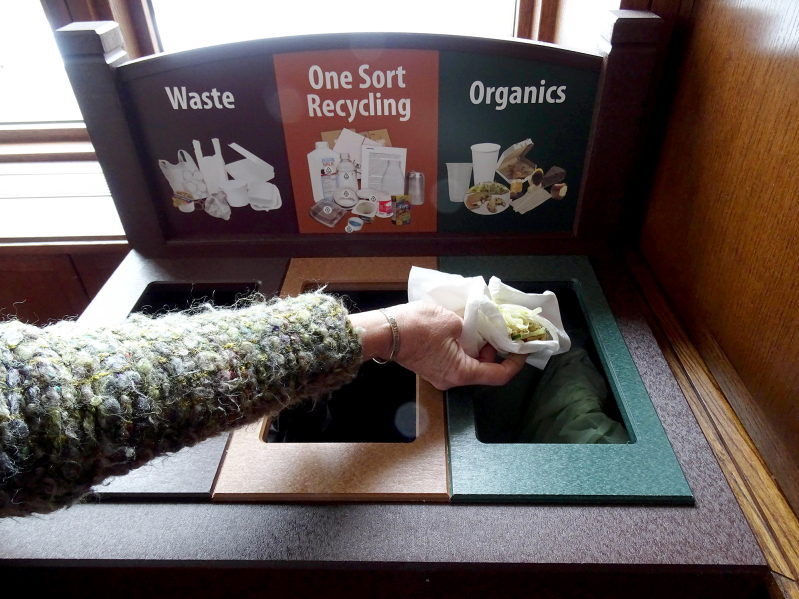
Environmental Protection Agency leaders on Monday launched the Food Steward's Pledge, an initiative to engage religious groups of all faiths to help redirect food headed to landfills instead to hungry mouths. The pledge is one element of the agency's larger plan to reduce food waste by 50 percent by 2030. It was announced just a day before the U.S. government stated the year 2015 was the Earth's warmest year on record, according to National Oceanic and Atmospheric Administration data.
Food waste connects to the core values of many faith communities, particularly helping the poor and feeding the hungry, suggests EPA Administrator Gina McCarthy, who said faith groups can join the cause as either endorsers or participants.
During 2015, another policy and advocacy group, the Evangelical Environmental Network, launched its own "Joseph's Pledge" program to teach churches how to minimize food waste through actions such as donating to food banks, planting community gardens and composting. Founded in 1993, the network's ministry is grounded in the Bible's teaching on the responsibility of God's people to "tend the garden," and is meant for those who are eager to use their gifts and talents to address some of the greatest challenges facing God's people and the world today. EEN staffers indicate about 200 churches signed up so far.
"We can make leaps and bounds in this process if we tackle this problem more systemically and bring a broader number of stakeholders to the table," McCarthy told NPR.
More than 1,200 calories per American per day are wasted, according to U.S. government figures. Loss occurs on the farm, at the retail level and in homes. McCarthy states significant portions of discarded, but edible, food could be used to feed some of the 48 million American who struggle to get enough to eat.
In 2013, the U.S. Department of Agriculture reported about 14.3 percent of U.S. households did not have regular access to enough food for an active, healthy lifestyle. The United Nations Environment Programme estimates the 870 million undernourished people worldwide could be fed by wasted food.
EPA Assistant Administrator Mathy Stanislaus recommends faith-based groups donate leftovers to local food banks after potlucks and events. She said groups also could work with local grocers, schools and restaurants to direct food to food banks and shelters that would otherwise be wasted.
Faith groups also can hold community seminars to teach people how to plan menus, shop to avoid buying excess food and to compost the leftover scraps. EPA developed a toolkit with suggestions for groups who sign its "Food Steward's Pledge."
Because faith-based leaders are often trusted advisers in their communities, "we thought they were a natural ally," said Stanislaus.
Food waste is closely tied to another growing concern: climate change, a problem that EPA managers say disproportionately affects the world's poor. Food waste is the single biggest material in U.S. landfills, according to the U.S. Agricultural Department. As this waste decomposes, it releases methane, a powerful greenhouse gas.
EPA's pledge came during the same week that NOAA staffers announced the globally averaged temperature over land and ocean surfaces for 2015 was the highest among all years since record keeping began in 1880. During the final month of 2015, the December combined global land and ocean average surface temperature was the highest on record for any month in the 136-year record.







